Here’s another episode of Women’s Cinema that is dedicated to female editors who made the climb in the industry. In this chapter, we introduce veteran editor and mentor Shirley Thompson, who has been a professional freelance editor for 32 years. Thompson has started her career as a production assistant. She believes that a good editor has to own a passion for storytelling, appreciates art and beauty, music, culture, and history. Let’s read her insights.
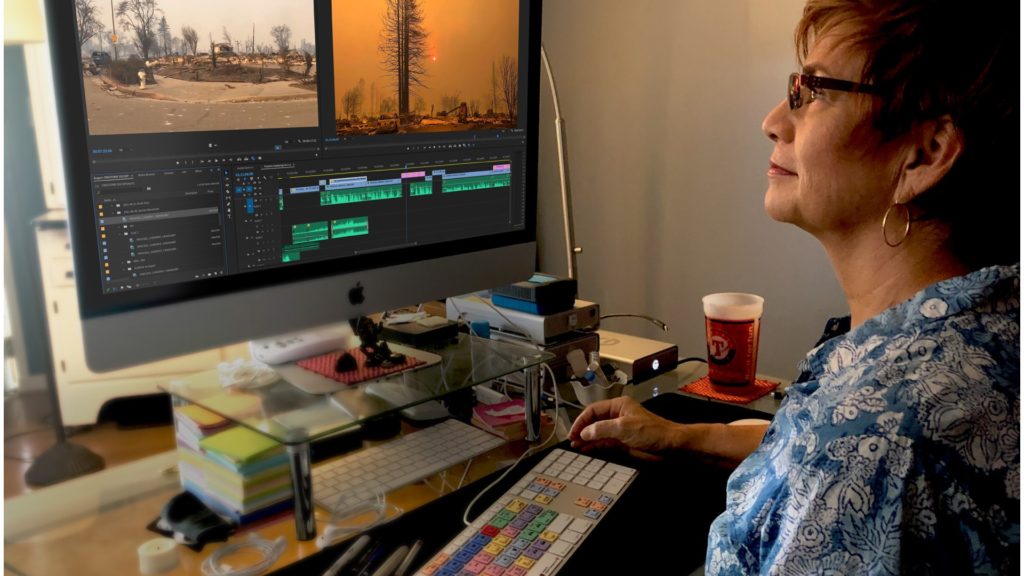
Women’s Cinema by Y.M.Cinema Magazine
Women’s Cinema is a series of articles by Y.M.Cinema Magazine that focus on the women in our film industry, with the goal of encouraging other women to pursue after filmmaking career and to provide a stage for female content creators in the filmmaking industry, regardless of their roles on set. The previous episodes were focused on cinematographers. This episode and the previous one, deal with editors. Editing is one of the most important and powerful roles in the creation process. Being an editor means that you create the map of the story. If you want to learn more about the art of editing, make sure to read our reviews regarding MZed editing courses:
I’m not climbing the industry. I’m building a community of like-minded, enlightened collaborators.
Editor Shirley Thompson
In this chapter, we interviewed veteran editor Shirley Thompson, which is a seasoned documentary producer, writer and editor, and a passionate storyteller. Thompson is best known for the documentaries she has edited and/or produced, including Savvy (2020), Finding Kukan, (2016), Kū Kanaka: Stand Tall (2016), Winning Girl (2014), Pidgin: the Voice of Hawai’i (2008), Special Circumstances (2006), Surfing for Life (2000) & It’s Elementary (1996).
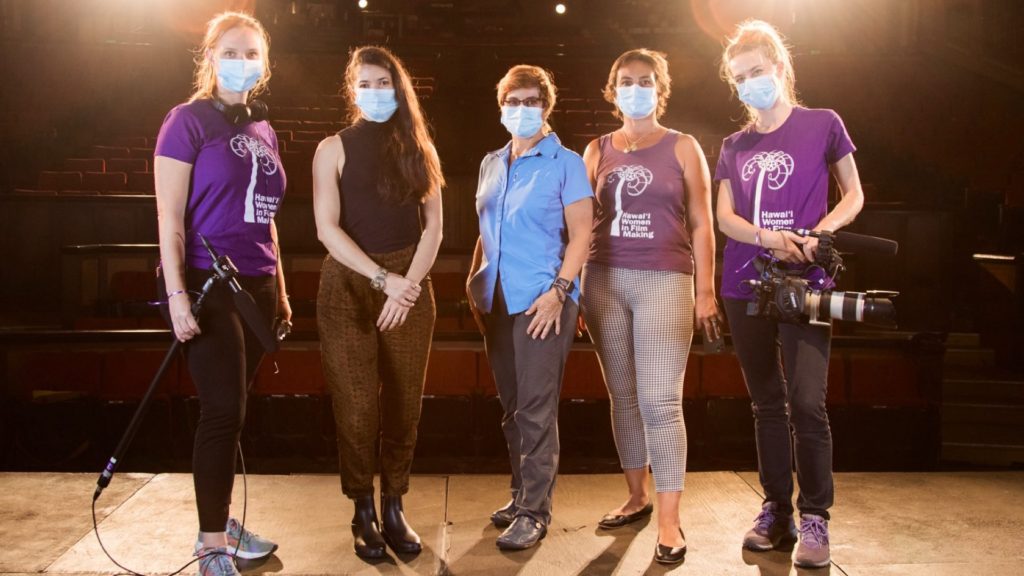
Editing can be arduous, but it’s so rewarding when the story starts to click and the film really comes together.
From tape to Premiere Pro
Y.M.Cinema Magazine: Please let us know about yourself (short bio focusing on your editing career), as well as why (and how) did you choose editing as a profession?
Thompson: I’ve been a professional freelance editor for 32 years through my company Shirley Thompson Editorial, specializing in long and short-form documentaries. I also produce and direct a documentary web series, I mentor students for a Hawai‘i student-produced newscast, I mentor aspiring women filmmakers for a Hawai‘i-based film incubator, and I produce and edit trailers for documentaries. It’s the crazy quilt of income streams that makes up my year.
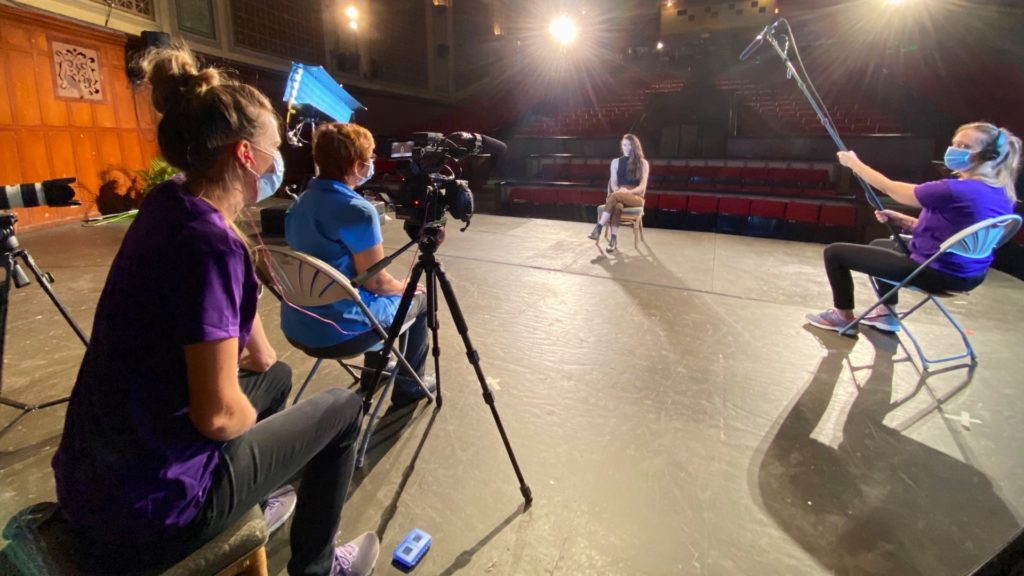
From my first job as a production assistant, editing was part of my daily work, and because I edited every day, I developed better skills, so more editing would come my way. I was very interested in camera work, but editing sort of chose me, until I was editing full-time. Editing was VERY different then. I began editing videotape on a Convergence ECS 190 (Google it!), then CMX 3600, then Avid, then Final Cut Pro and now Adobe Premiere Pro since 2015. Actually, my first edits were at my college radio station on reel to reel audio tape with a razor blade, a splicing block and splicing tape. I always loved tinkering with machines and computers and figuring out how to make them fly. That’s what opened doors for me all throughout my career. At the beginning of my freelance career, I edited in a couple of post-houses and TV stations where there were already several outstanding women editors, and so it was work that easily came to me, and to which I naturally gravitated.
I began editing videotape on a Convergence ECS 190 (Google it!), then CMX 3600, then Avid, then Final Cut Pro and now Adobe Premiere Pro since 2015. Actually, my first edits were at my college radio station on reel to reel audio tape with a razor blade, a splicing block and splicing tape.
Chief cook and bottle-washer
Y.M.Cinema Magazine: Describe your role and part in the post-production workflow. Do you have any preferred tasks in the editing process?
Thompson: These days I am chief cook and bottle-washer. I tend to work on super-indy projects and so often it’s just me and the director working together on a film, with me managing all the editorial, soup to nuts. Last year I had the pleasure of working on a bigger budget film where I had the luxury of working with a terrific assistant editor. But most of the time, I’m here in my little edit room editing away by myself. I actually do not mind doing the work that an assistant would normally do. Proofreading transcripts and making proxies gives me an opportunity to get familiar with the footage and subject. And I truly love the treasure hunt of archival research. But the best part of editing is putting together a feature documentary; editing scenes, refining characters, coming up with the right scene order, and constructing a story arc that works. Editing can be arduous, but it’s so rewarding when the story starts to click and the film really comes together.
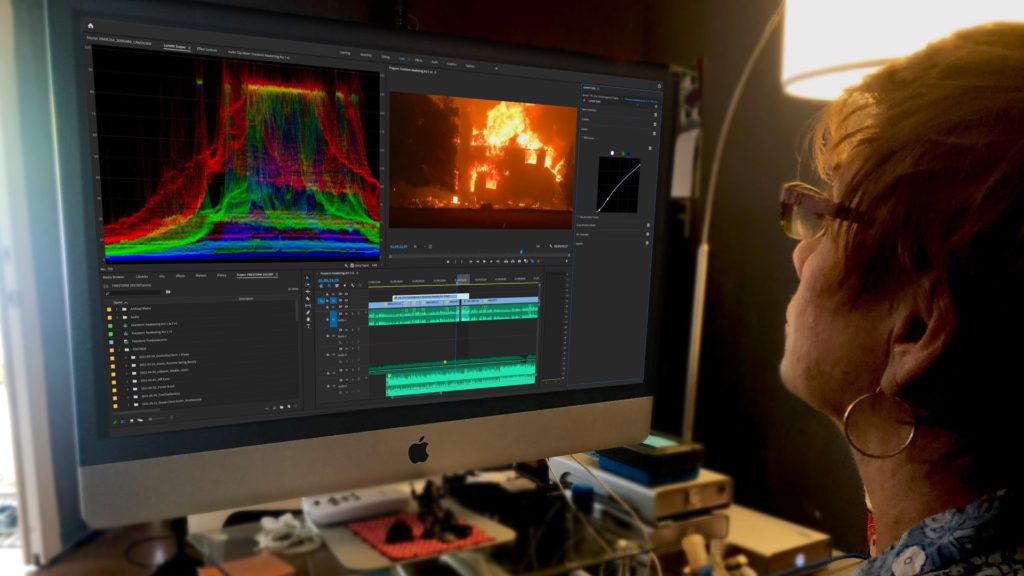
Because I live on a small island in the middle of the Pacific Ocean, I actually do quite a lot of remote editing with filmmakers on the continental U.S. But I have never edited an entire feature without ever meeting the team in person before.
Remote editing initiated by COVID
Y.M.Cinema Magazine: Name a few interesting projects you took part in.
Thompson: I cut the documentary Savvy last year with director Robin Hauser, which is currently making the rounds of the festival circuit and which will screen at the Maui Film Festival next month. It’s a smart film about women, money, and power and how women can learn to manage their own finances in order to live their best lives. Originally I was going to be editing with the team in the San Francisco Bay Area, but when the pandemic lockdowns happened, we began working remotely, and then we just kept working remotely.
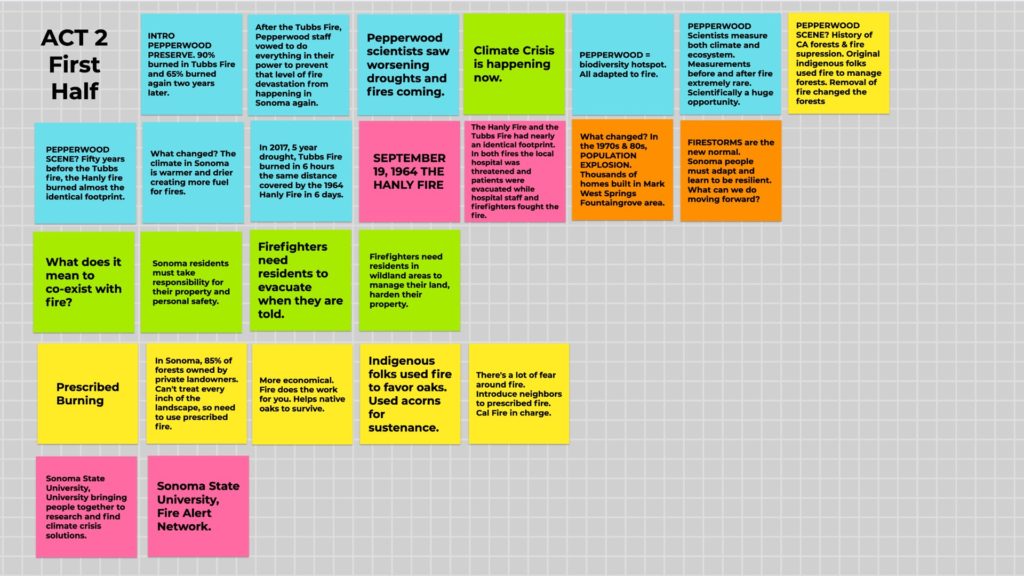
We used the Adobe Premiere Pro Team Projects feature, and that allowed us to have one project in the cloud fully accessible by an assistant editor in San Francisco and an editor in Honolulu. We used Dropbox to move 4K proxies from the assistant’s computer to mine and archival media and temp music from my computer to the assistant’s. And we created a virtual edit room with Google Meet, where the whole team would assemble virtually and screen the film together in real-time. We completed the entire offline editing process remotely, and I have not yet had the pleasure of meeting Robin Hauser in person! We hope to meet soon at a film festival. Because I live on a small island in the middle of the Pacific Ocean, I actually do quite a lot of remote editing with filmmakers on the continental U.S. But I have never edited an entire feature without ever meeting the team in person before.
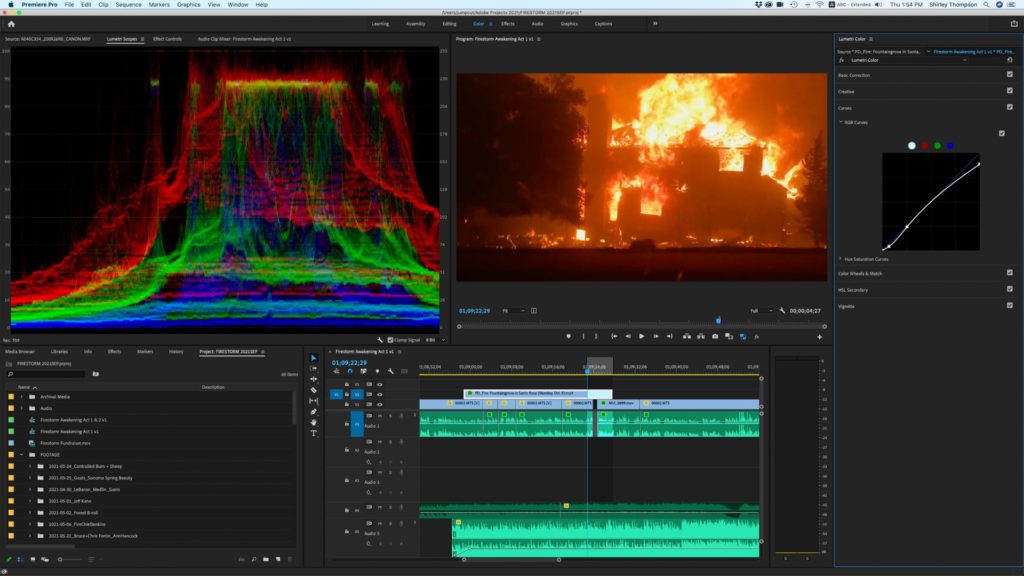
Proofreading transcripts and making proxies gives me an opportunity to get familiar with the footage and subject. And I truly love the treasure hunt of archival research.
The glass ceiling
Y.M.Cinema Magazine: What’s it like to work in a professional environment dominated by men? As the majority of editors are men, do you feel that you have a glass ceiling above you?
Thompson: I think I may have invented the world I wish to inhabit! I work in a professional environment dominated by women! 🙂 Early in my career in the 1980s, when I was in my 20’s and getting started, it was a very sexist, male-dominated industry, and there were men in some of the workplaces who would actively try and sabotage my work by unplugging machines or rewiring the cables behind the switcher so the edit system wouldn’t work. But I also found amazing mentors who championed me. So I focused on jobs and workplaces where smart, hard-working women were valued and where I was supported and championed. And once I moved into the documentary space, the sky was the limit! Always work for people who love you and want you to succeed! That’s what I always say. And aim for the stars…I take full responsibility for my creative work and life and I go for it.
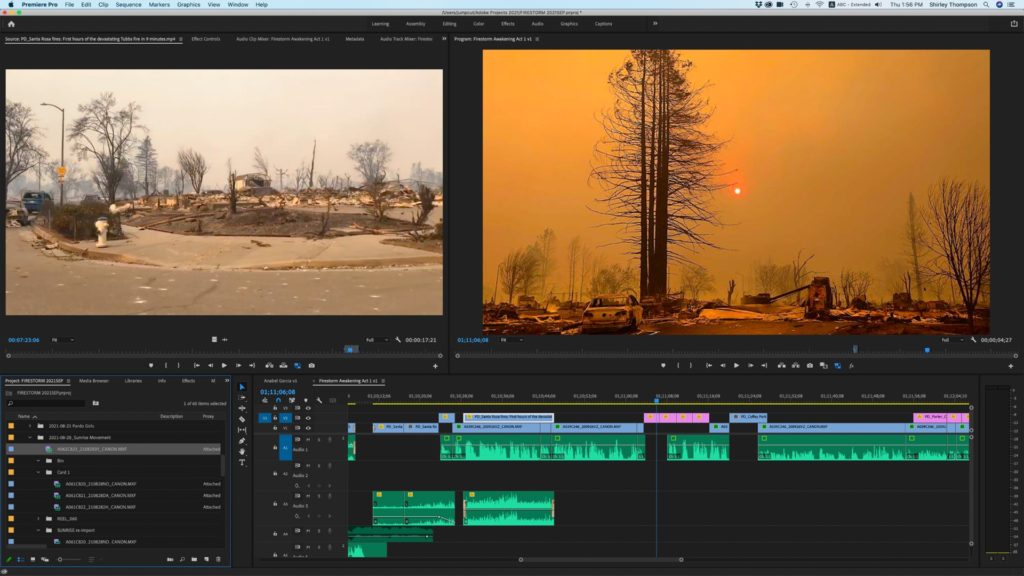
I think I may have invented the world I wish to inhabit! I work in a professional environment dominated by women! 🙂
‘Building’ the industry
Y.M.Cinema Magazine: Do you feel that you have to try harder as a female editor in order to make a climb in the industry?
Thompson: I am so lucky to have the opportunity to edit films full-time for a living. I focus on choosing projects where I feel like the work can have some kind of important social impact. Right now I’m working on a film called Firestorm Awakening about the climate crisis and the people who are learning to live on the front lines of the fires in California. Last year I worked on Savvy that was all about educating and empowering women around financial independence. The Reel Wāhine of Hawai‘i series champions and celebrates top women filmmakers in Hawai‘i with films about women made by all-women crews. I’m not climbing the industry. I’m building a community of like-minded, enlightened collaborators.
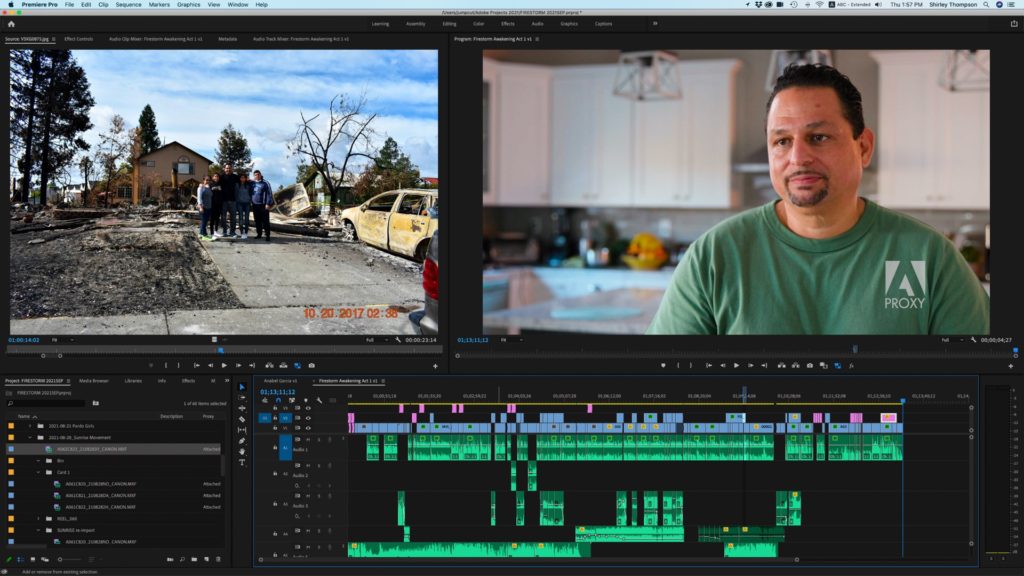
I am so lucky to have the opportunity to edit films full-time for a living. I focus on choosing projects where I feel like the work can have some kind of important social impact.
Tip & tricks
Y.M.Cinema Magazine: Do you recommend other women to pursue an editing career? If so, what’re your tips and tricks to do so?
Thompson: I recommend editing as a career to anyone who is anywhere on the gender spectrum, who loves storytelling, who appreciates art and beauty and music and culture and history. Because you have to understand all those things to be a good editor. Find a mentor who will help guide you professionally and give you advice. Find smart filmmakers whose work you love to emulate. Find younger filmmakers to mentor and share your knowledge with. Keep your mind open and never stop learning…editing is a craft for a lifetime and there’s always something new and interesting to learn, or a new and different way to tell a story. And don’t ever waste your time working for anyone who is abusive, or unsupportive, or who undervalues you. Run as fast as you can from people like that. There are generous, creative, genuine, good people in this business. Work for them.
Follow Shirley on her Social links: FB | Twitter | Web
Product List
Here’re the products mentioned in the article, and the links to purchase them from authorized dealers.
- Adobe Premiere Pro CC (1-Year Subscription, Download)

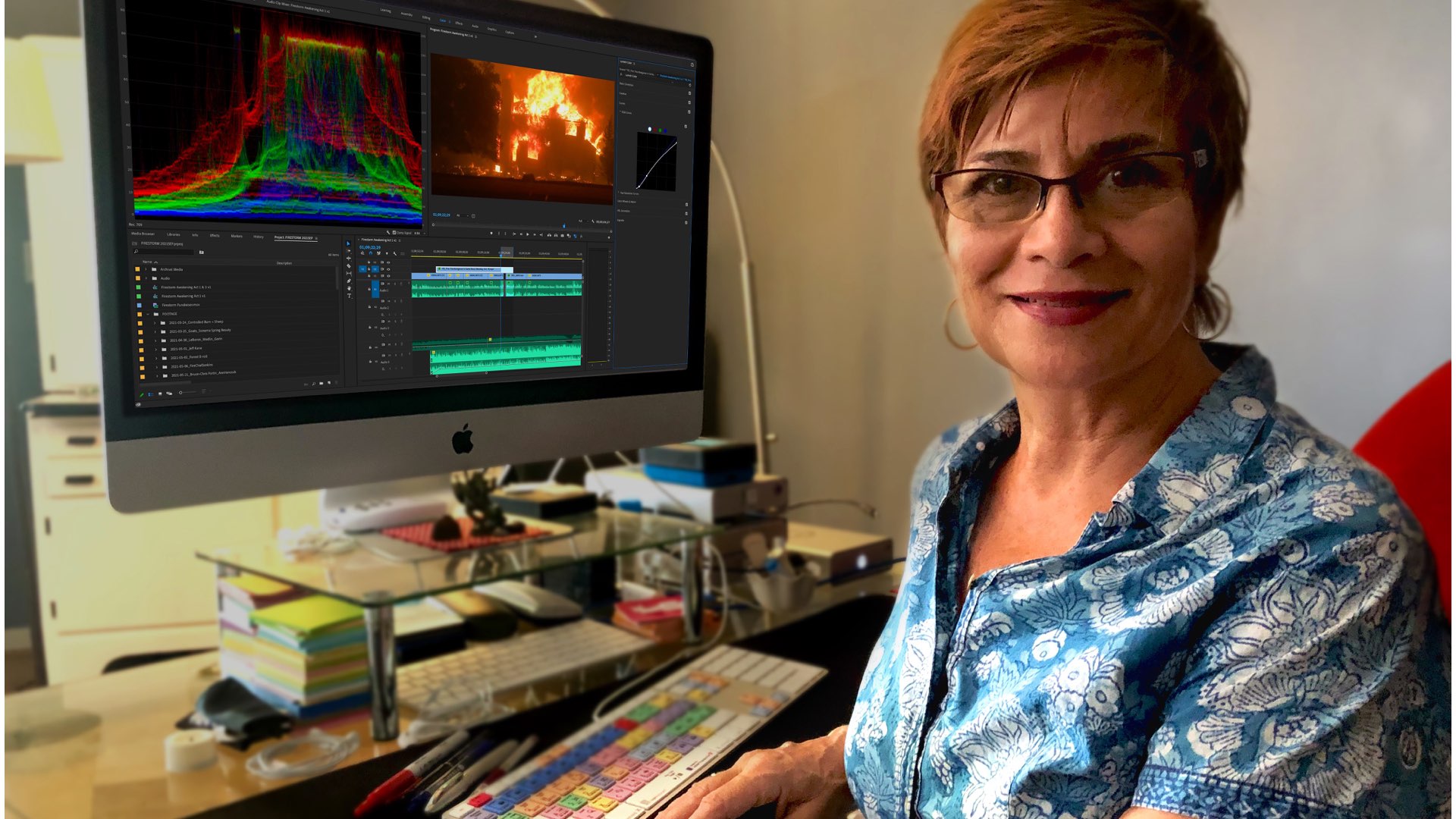
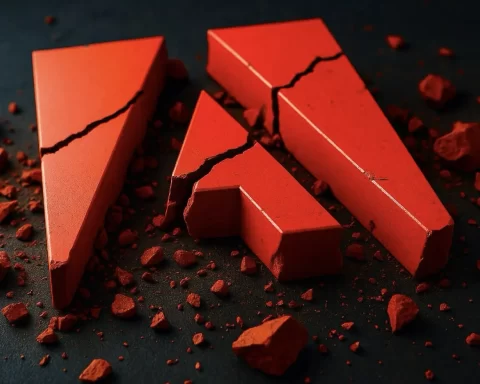
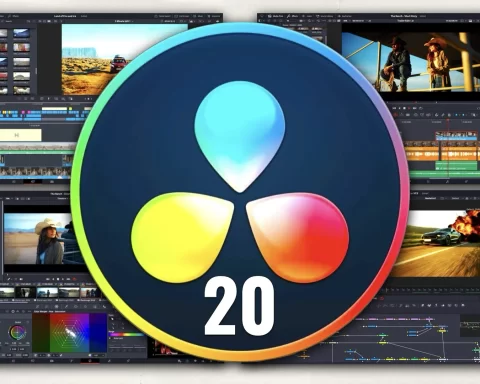
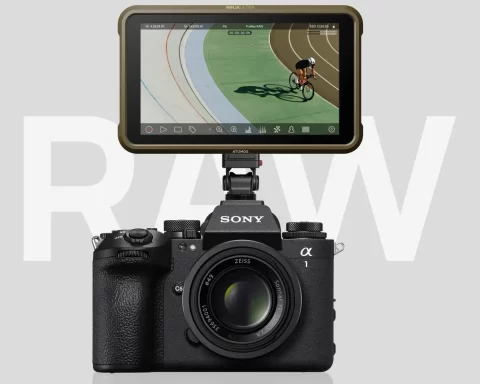
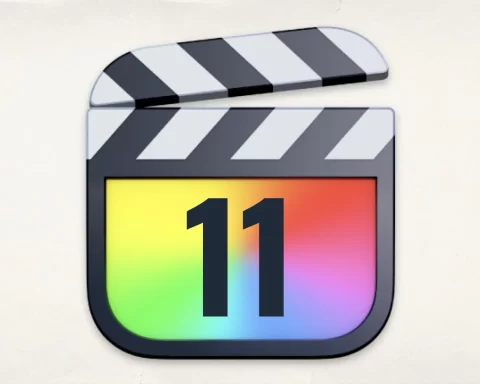
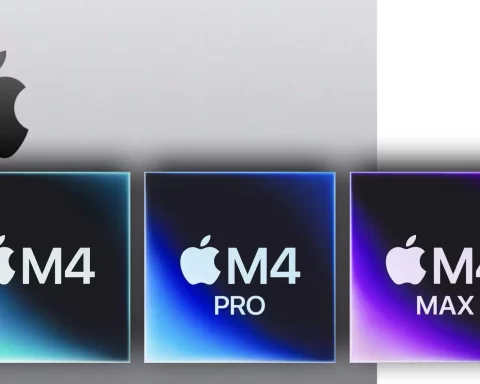
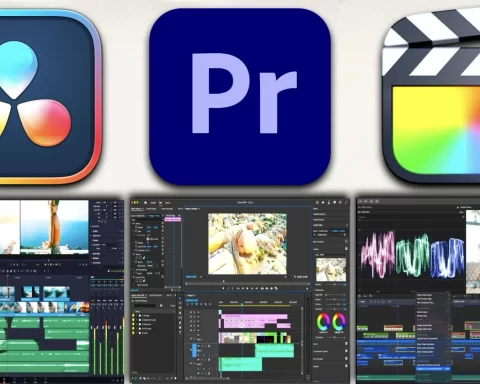
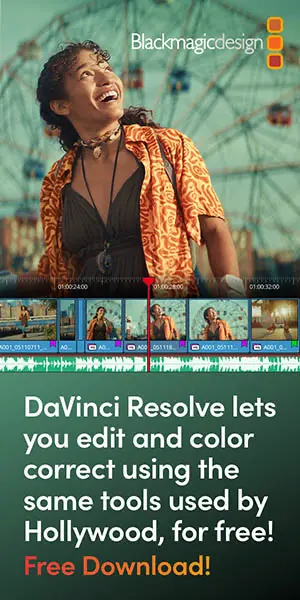
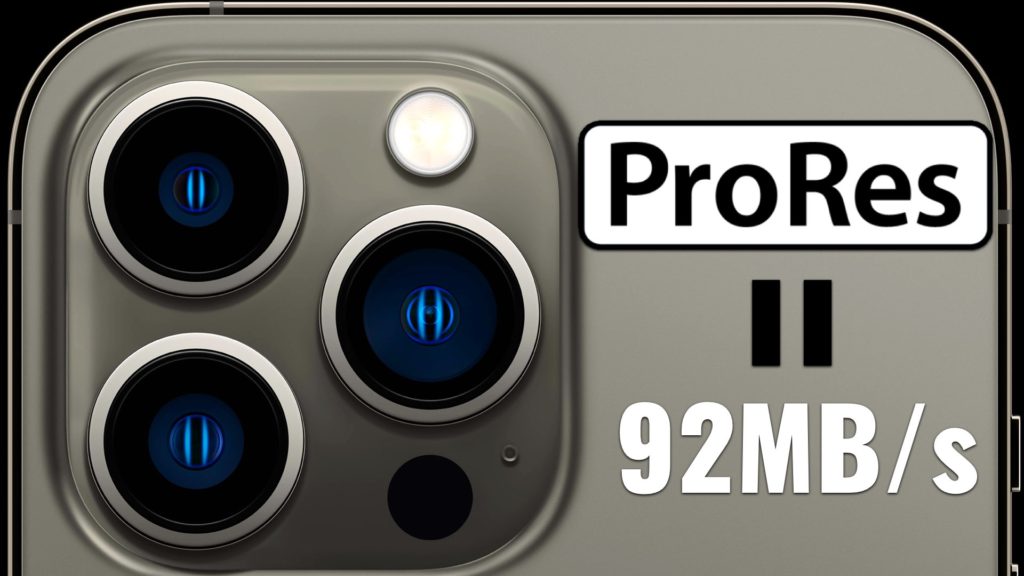
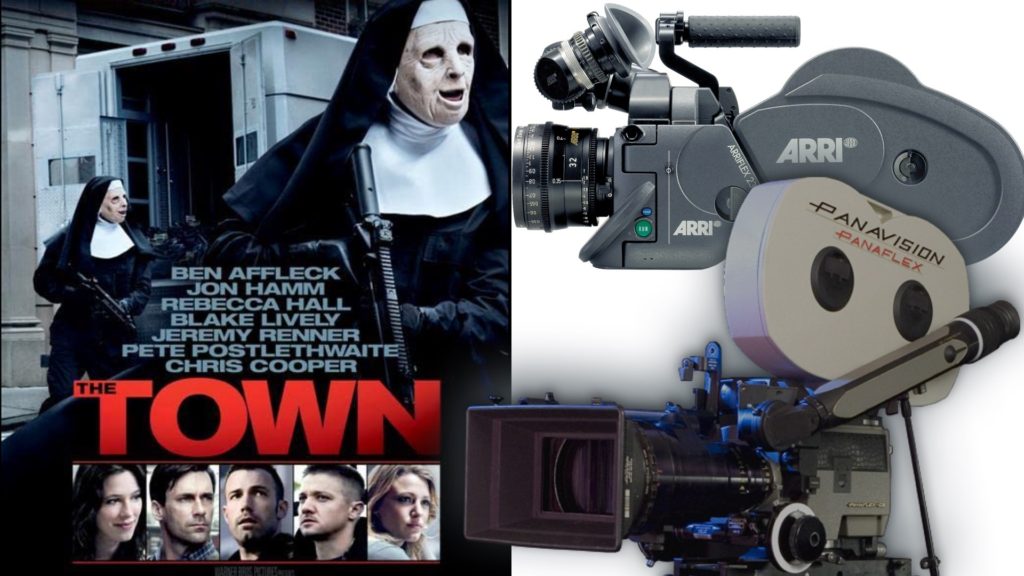
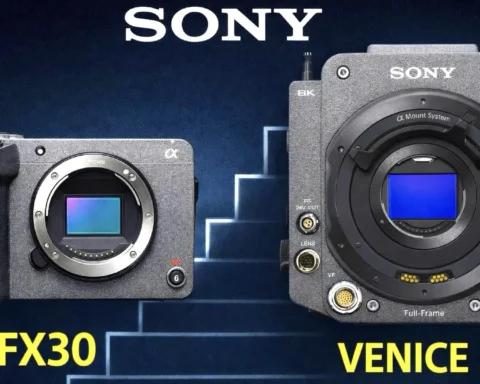
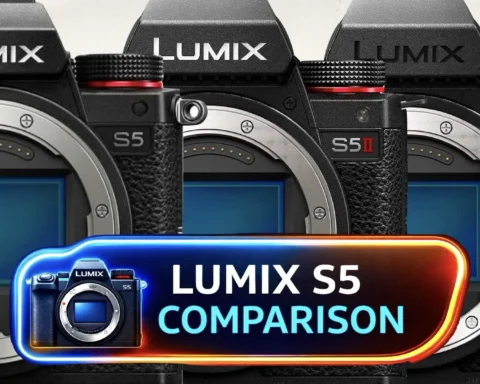
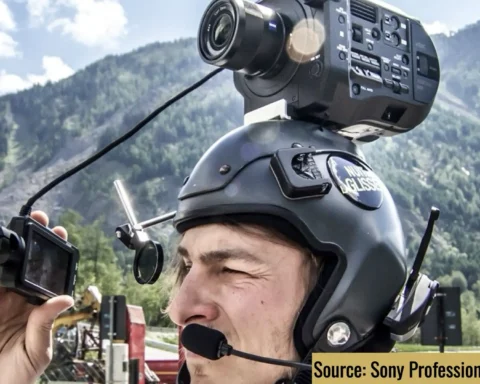
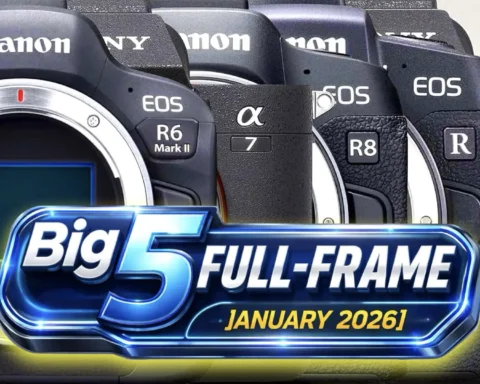



I had the fortune of working with Shirley when I was a young sound designer just starting out in the industry. She was always really encouraging and a genuine joy to work with. I miss those days and so glad to see her featured here!